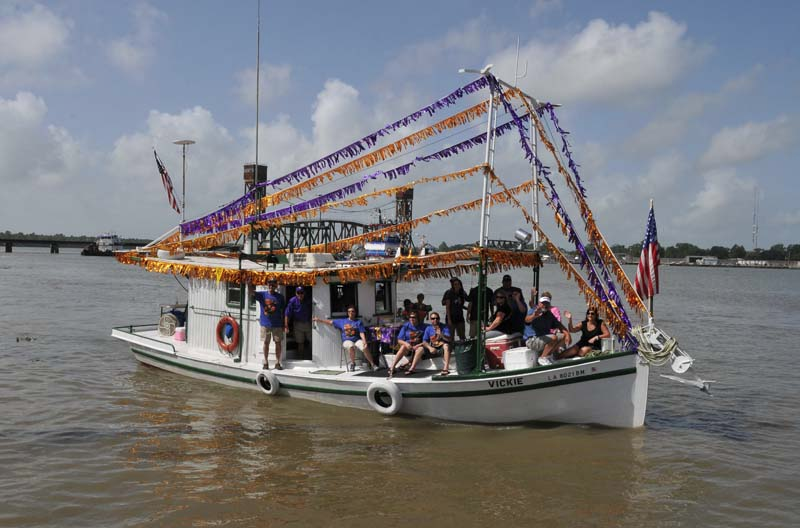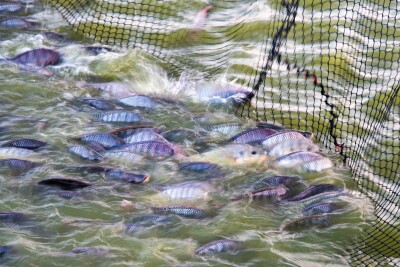There are far worse jobs than serving as publisher of National Fisherman and WorkBoat magazines. After all, as my grandmother liked to say, there’s no heavy lifting.
But the job does present challenges, one of which is reconciling for our audiences the sometimes competing interests of those who harvest fish and those who drill for oil and natural gas in the ocean. (Among others, the offshore service component of the U.S. oil and gas industries is a valued constituency of the WorkBoat brand.)
From the perspective of fishermen, particularly mobile gear fishermen, oil rigs can impede or prevent fishing in certain areas. And while the risk of spills may be remote, the specter of disaster looms, with historic precedent.
On the other hand, energy companies have to go where the energy is.
All this is by way of explaining why President Obama’s executive order putting Alaska’s Bristol Bay off limits for oil and gas exploration is a double-edged sword. Sure, I like the idea of ensuring that the waters of Bristol Bay remain pristine. But I liked it a whole lot less when the pristine waters at issue comprised the Pacific Remote Islands Marine National Monument, a creation of President George W. Bush expanded by the current occupant of the White House, in which case U.S. fishermen found themselves on the outside looking in.
I think those of us who are in the business of extracting the Earth’s resources ought to have one another’s back. Society benefits when oil and gas producers and commercial fishermen do their jobs responsibly. Good government can facilitate prosperity and ensure healthy resources — an honorable mission, I’d like to think — by knowledgeably asserting, “OK, here’s how you’ve got to do this.”
In Morgan City., La., they hold the Louisiana Shrimp and Petroleum Festival every Labor Day weekend. This past September marked the 79th, making it Louisiana’s oldest state-chartered festival. It began in 1937 as a blessing of the shrimp fleet and expanded out of recognition of the many people the oil industry employed. “Those were the two things that people did,” says Nathalie Weber, president of the festival. “There were shrimpers and then the oil industry brought in the oil boats and the rigs and the people working in that industry.”
The celebration goes on for five days. There is festival king and queen, fireworks, music and parades ashore and afloat. There is a Mass in the park, and the priest still blesses the fleet.
“Do you like your shrimp grilled, fried, blackened or boiled?” asks Paige Johnson, 2013 queen, the festival’s 78th. “We love our shrimp and we celebrate our oil.”
There’s a lesson there.







